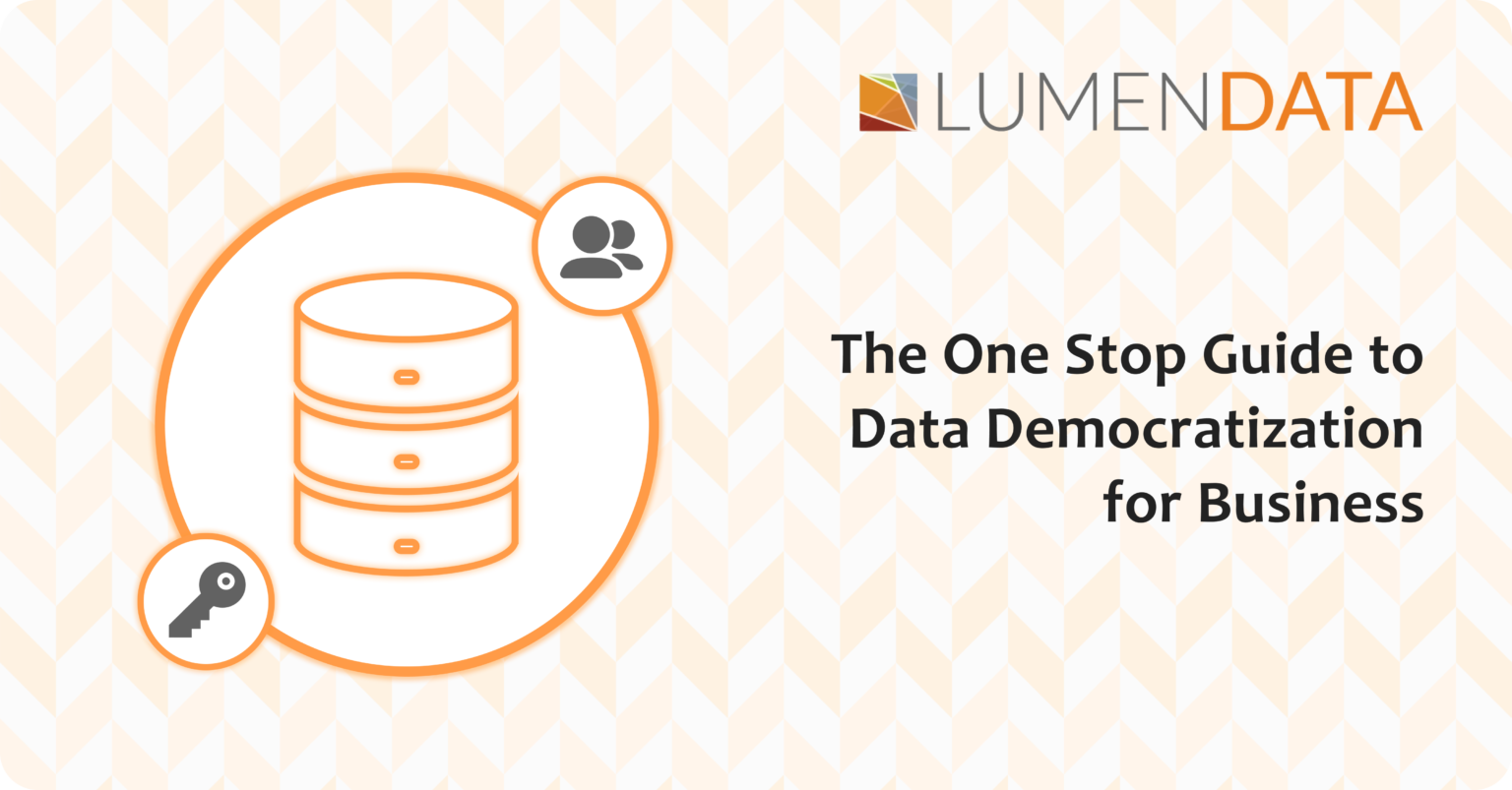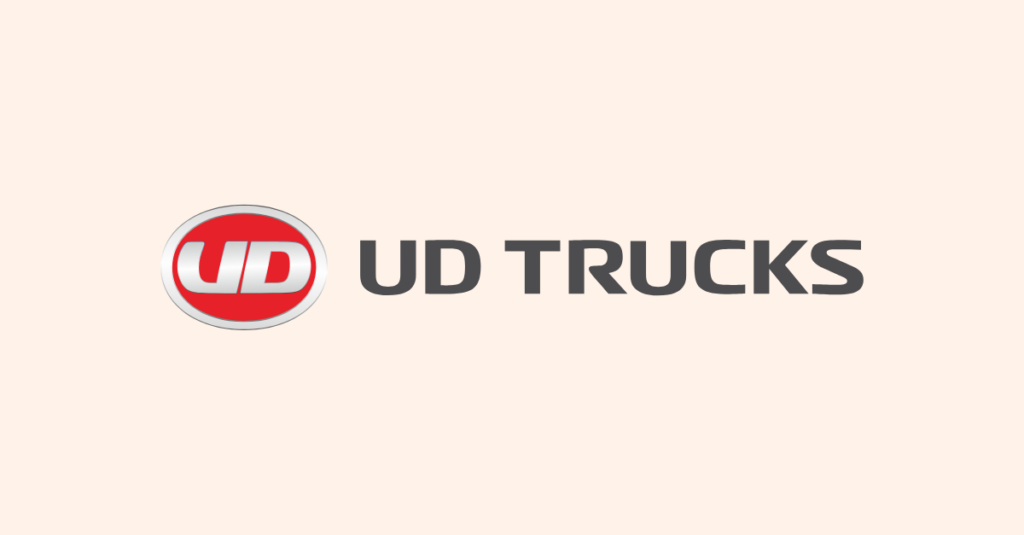With global volumes projected to grow to over 180 zettabytes, data has become an invaluable asset for organizations as well as individuals. The ability to collect, analyze, and leverage data has transformed industries and shaped business operations. Until now, data access was limited to a select few. However, as the industry changes, we are witness to the rise of data democratization – a concept that makes data accessible and usable for everyone, empowering individuals, and organizations to drive more innovation.
In this blog post, we explore:
- The meaning of data democratization
- Significance and benefits
- Potential impact on various sectors
- The LumenData Advantage
Understanding Data Democratization
Data democratization is the ongoing process of making data accessible, understandable, and usable by a broader audience, rather than restricting access to a few individuals or departments within an organization. The concept enables every individual or department in the organization, regardless of technical expertise, to engage with data. The goal is to empower individuals of all roles and backgrounds, to leverage data in their decision-making processes and deliver optimized customer experiences.
Data democratization: Solving Complex Data Challenges
Imagine a retail organization generating a high volume of data every day. Some of the most common data challenges that various teams in the company might face are summarized here:
- Inability to access the right data at the right time.
- Lack of reliable data.
- Non-availability of data experts to explain/analyze important data assets.
- Inability to work with data or data tools and analyze/predict customer behavior or shopping trends.
Data democratization has the potential to resolve all the challenges mentioned above. Businesses only need to make sure that they abide by the key principles of data democratization.
Here’s how:
Three main principles to effectively implement data democratization within the organization
Let’s break down the principles.
1. Empowering employees to feel comfortable asking data-related queries
The best way to do this is by creating a supportive work environment that encourages curiosity, learning, and knowledge sharing. Businesses can start with data literacy training across teams and equip employees with the necessary skills to comprehend and analyze data. With training sessions on data analysis tools, data visualization, etc., employees will be able to ask more meaningful questions related to data. For instance, employees will be able to exactly specify ‘where’ they require to access ‘what’ particular data.
2. Providing team members with the right tools
Organizations should provide employees with self-service data analytics tools. It helps them analyze and query data independently. It further enables them to remain proactive in seeking answers to their data-related questions. Companies can invest in CDWH (Cloud Data Warehouse) like Snowflake. Informatica Intelligent Data Management Cloud (IDMC) can be leveraged to unify and democratize data effectively.
3. Viewing democratization as an ongoing process
Companies must focus on regularly evaluating and optimizing data accessibility, data literacy initiatives, and data governance processes and practices to address different data concerns and meet changing business requirements.
Advantages of data democratization

1. Facilitate decision-making at all levels in the organization
Data modernization enables increased agility and faster problem-solving within organizations. When employees get access to relevant data at the right time, it enables them to make more informed choices and contribute to the organization’s objectives. By democratizing data, organizations can distribute decision-making power across various levels.
2. Promote Innovation
Data democratization makes the company data accessible to a wider audience. Individuals from different departments/teams can discover new insights, patterns, and connections within the data, leading to creative solutions and enhanced business operations.
3. Enable a Data-Driven Ecosystem
With effective data democratization in place, companies can encourage employees to think critically, ask questions, and generate insights to support their decisions. By making data accessible across teams, organizations can nurture a mindset that values data-driven business processes.
4. Deliver exceptional customer experiences
Data democratization enables relevant teams within an organization to access and analyze customer data across various touchpoints which, further, helps create personalized customer experiences. For instance, the support team can access real-time customer data from multiple sources and provide prompt and personalized assistance to customers.
How data democratization is revolutionizing various sectors
1. Healthcare
Access to medical data across healthcare organizations can lead to personalized treatments and improved patient outcomes. Healthcare entities can analyze data from various sources such as electronic health records, patient feedback, etc. to improve healthcare delivery. Patients can also actively participate in managing their health by accessing and comprehending their medical records.
2. Education
Data democratization enables higher education entities to gain insights into student performance, identify areas of improvement, and tailor learning experiences to unique individual needs. Educators can identify students who may be at risk of falling behind and offer student support at the right time.
3. Retail and E-commerce
By democratizing data, retailers can optimize inventory management, pricing strategies, and customer experiences. Let’s take the sales team for instance. With access to relevant data such as customer demographics, purchasing patterns, etc., sales employees can identify the latest trends and optimize sales strategies.
4. Manufacturing
Data democratization allows employees across manufacturing entities to access real-time data from production processes, supply chains, equipment operations, and more. This way, teams within the organization can easily monitor equipment performance, identify bottlenecks, and optimize manufacturing operations.
Reliable data for all: Take the next step with LumenData
Here at LumenData, we help organizations break down the barriers that restrict data access and empower team members at all levels to make more informed decisions based on trustworthy data. We help you with the right tools’ implementation, expertise, and support needed to democratize data effectively.
With modern, cloud-based solutions, processes, and technologies in place, we help you modernize all aspects of your data and facilitate democratization. Reach out to us for data modernization services including cloud readiness assessment, cloud migration strategy and implementation, continuous cloud optimizations, and more. Connect without delay to discuss your democratization journey.
Authors:

Shalu Santvana
Content Crafter

Ankit Kumar
Technical Lead

Shalu Santvana
Content Crafter

Ankit Kumar
Technical Lead




